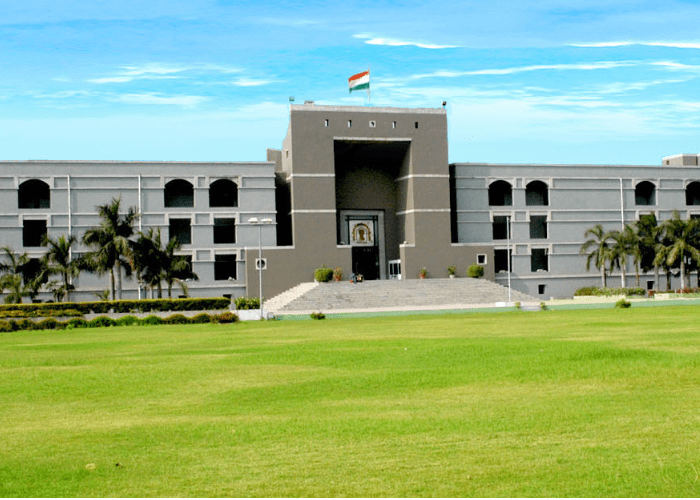Rajeshbhai Ramjibhai Purabiya, a sanitation worker for the Rajkot Municipal Corporation, found himself staring at a dark cloud – dismissal. The reason? Repeated absences. Rajeshbhai, however, felt wronged. He argued his absences were justified, and the dismissal, a bolt from the blue.
Rajeshbhai marched to the Labour Court, claiming the corporation had violated his right to fair treatment, a legal concept known as ‘natural justice’. The court agreed, calling the dismissal harsh and ordering
Rajeshbhai’s reinstatement with some back pay. The corporation felt unheard, unheard in the cacophony of the initial ruling. They appealed to a higher court, the Gujarat High Court.
Here, the plot thickened. The Gujarat High Court acknowledged the seriousness of Rajeshbhai ‘s absences, even with his explanations. But a new wrinkle emerged – the corporation argued they weren’t given a fair chance to defend their decision. Their written statement, a document outlining their case, explicitly raised this concern. Imagine being on trial but denied the chance to speak!
The High Court, upholding legal principles, agreed. Every side deserves a hearing, they ruled. Failing to consider the corporation’s defense violated “procedural fairness,” the legal guarantee of a proper process.
Rajeshbhai’s case was sent back to the Labour Court. This time, the corporation would get its say. They would have the opportunity to present evidence justifying Rajeshbhai’s dismissal. The story wasn’t over.
Rajeshbhai would have to wait, and the corporation would get their chance to plead their case. This legal drama highlighted two important lessons. Employers, like the Rajkot corporation, need to follow proper procedures when taking disciplinary action. Even an employee’s admission of wrongdoing might not be enough. And for both sides, the fight for fairness, whether keeping a job or justifying a decision, hinges on being heard.



